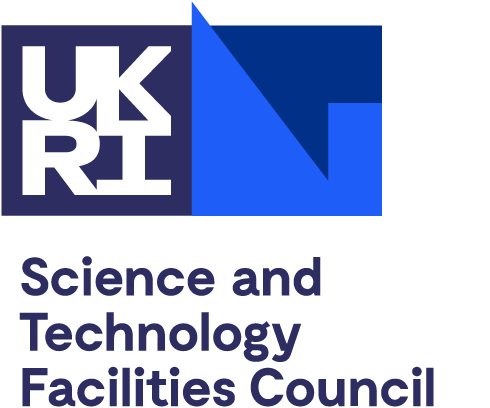These include costs of other items which may be directly incurred (and therefore auditable) to the project, or other direct costs calculated on the basis of estimates of use when the project is running, that is, directly allocated.
Directly incurred: other costs may, under some circumstances, be funded as exceptions at 100%.
Find out more about full economic costing fund headings.
Directly incurred
The following costs are those that we would expect to be categorised as directly incurred.
Consumables
In most cases, office consumables such as photocopying, printing, postage, general transport costs, stationery, computer consumables and telephone costs, and utilities costs are not expected to be accounted for at the project level and should be found from indirect costs.
However, items of this type may be charged as directly incurred where use is exceptional (for example, high electricity use). These exceptional costs would then need justification in relation to the research need, and there should be a clear statement indicating that these are separately accounted for and charged to the project as actual costs.
Publication costs
Publication costs associated with research outputs other than journal articles and conference papers such as books, monographs, critical editions and catalogues provided the costs will be incurred within the period of the grant.
Following the publication of the revised UKRI policy on open access, and the decision to provide research organisations with block funding for publication costs, STFC will no longer provide funding in research grants for any publication costs associated with peer-reviewed journal articles and conference papers.
Computer costs
Computer costs dedicated to the project, for example, specialist stationery supplies, software licences not associated with central computing facilities. Purchase of standard laptops should be funded by indirect costs.
Equipment costing less than £25,000
Items of equipment costing less than £25,000 (including VAT) including replacement or upgrades of existing equipment.
Equipment-related items
Equipment-related items if not included as part of the research organisation’s estates costs), for example, maintenance, relocation and rental charges.
Access charges for major or small research facilities
Specify the nature of the facility and the basis of charging. In accordance with the Transparent Approach to Costing (TRAC), the total full economic costing of a grant containing charges for use by the project of research facilities must not include any net depreciation costs if the facility was purchased with research council funding.
The case for support should describe the service being sought, the usage and the basis of charging.
Personal costs
Personal costs incurred by staff supported on the grant, such as relocation charges, home telephone and internet charges may be requested as directly incurred costs if:
- their reimbursement is consistent with organisational policy
- they are specifically incurred by the research project
- they will be subject to an audit record.
UKRI currently allows visa fees and NHS surcharge costs to be charged to the grant for all directly incurred staff directly employed on the grant for 50% of their time. All visa and NHS surcharge costs incurred must be a direct result of the person being employed on the grant for 50% of their contracted time and are not extended to family members.
All costs must be met within the original grant cash limit. These costs should only be included at the time of application where it is known that they will be required and not as a contingency for any posts that will need to be recruited for.
Subcontractor costs
Subcontractor costs should appear under other directly incurred costs and are paid at the standard 80% rate.
Other directly incurred costs
Other costs that we would expect to be categorised as directly incurred are:
- recruitment and advertising costs for staff directly employed on the project
- field work
- books
- survey fees
- reprint charges
- consultancy charges
Directly allocated
The following costs are examples of those that we would expect to be claimed as directly allocated, and may include the costs of shared resources.
Pooled staff
Pooled staff are technicians, secretarial and computing staff who are part of a staff pool supporting a range of facilities and projects. Where these costs cannot be separately identified they should be included under the estates heading.
Infrastructure technicians
Staff providing general non-project-specific support for the research infrastructure, charged on the basis of a per-research full-time equivalent (FTE) rate.
Research facilities
Charge out costs for access to shared major and small research facilities.
If the facility was purchased from research council funding, the relevant depreciation element in the charge out cost should, in accordance with the Transparent Approach to Costing (TRAC), be deducted from the estates charge out cost so that the total full economic costing of the project includes no net charge for this depreciation.
Last updated: 12 May 2025


